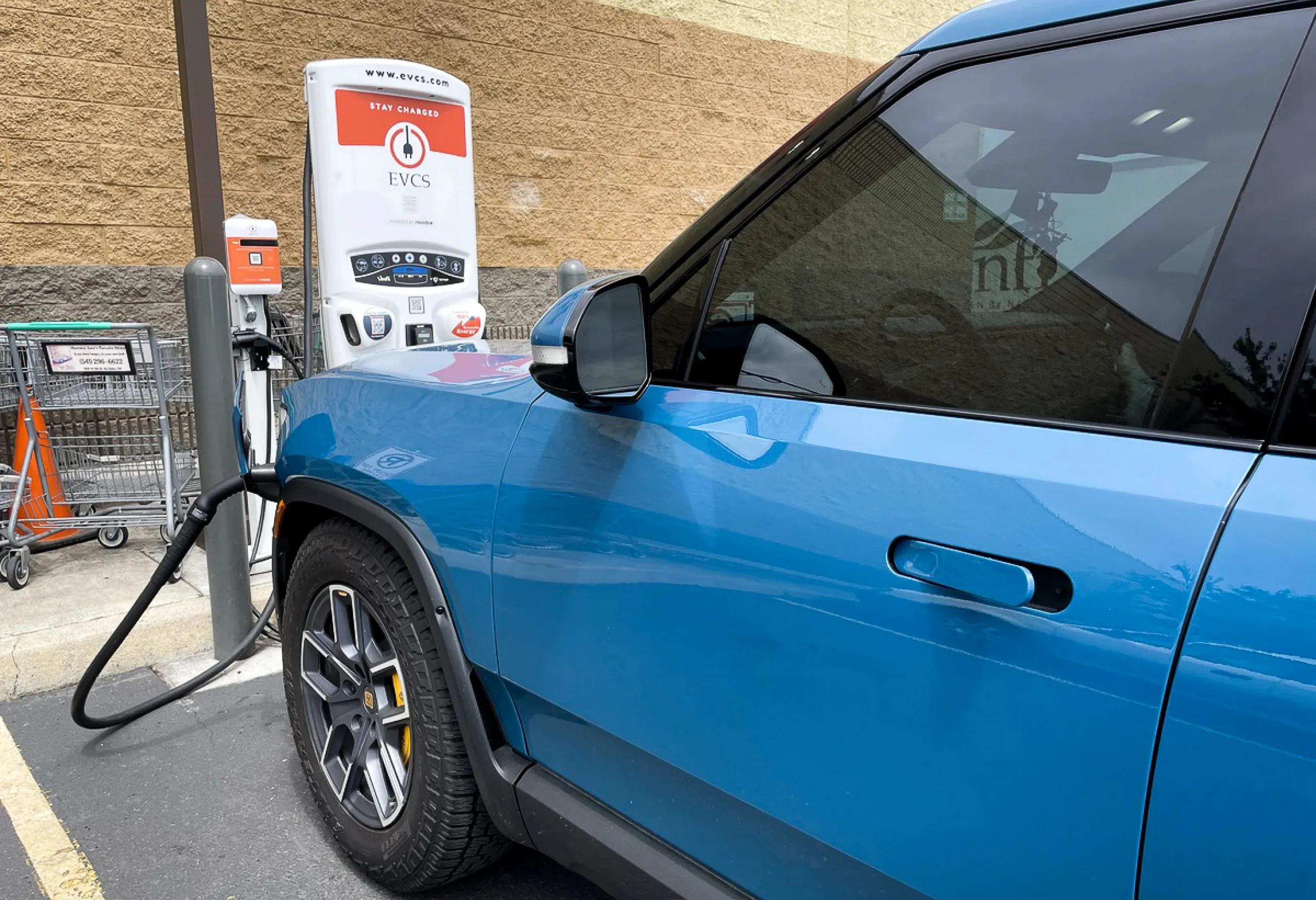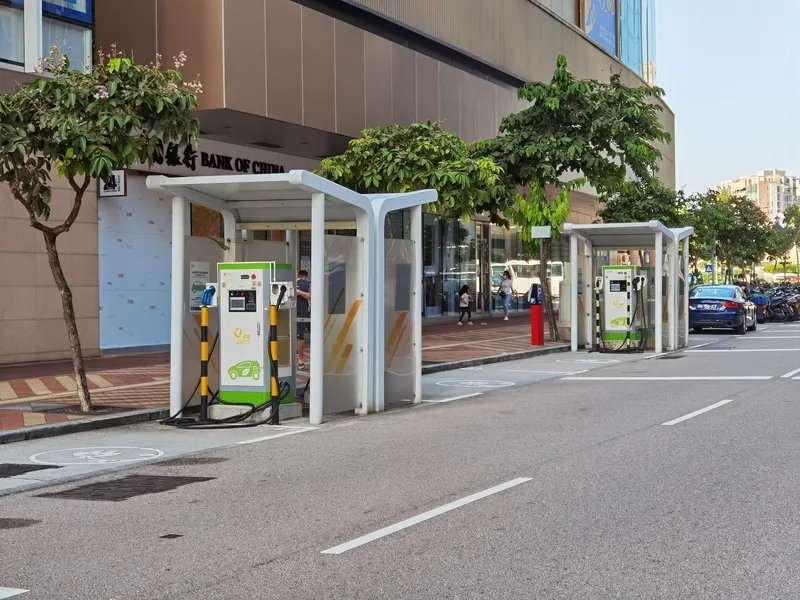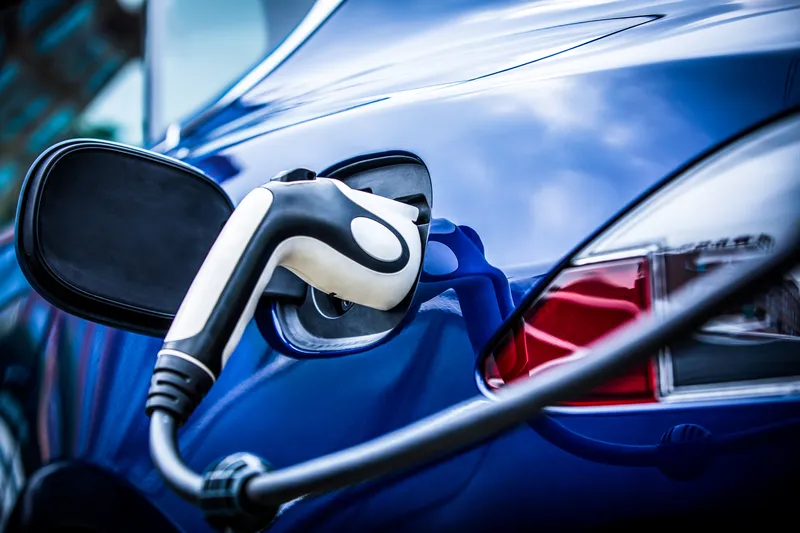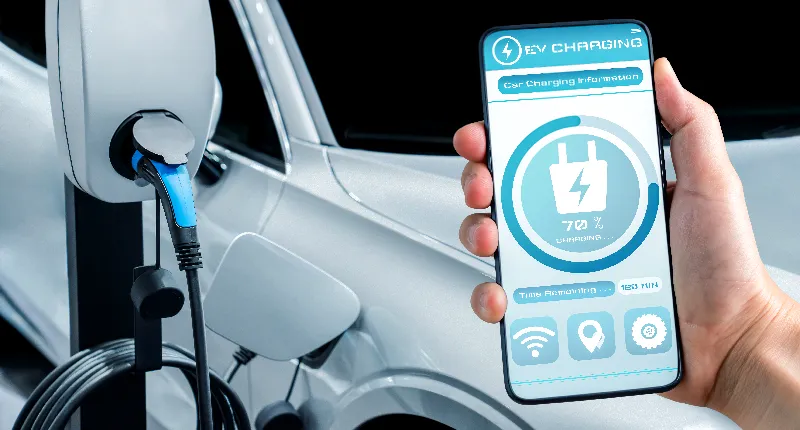
This major initiative will enhance EV charging infrastructure in rural and disadvantaged communities in the US West Coast, including on Indigenous Tribal lands. Highway 101 is known for its rural but heavily travelled tourist area. The new charging sites on Highway 101 will help accelerate EV adoption among local residents and also support EV drivers heading to tourist destinations like the Olympic National Park or the coastal region of Washington and Oregon. A combination of DC Fast and Level 2 chargers will be installed at 10 sites in western Washington and two in northern Oregon.
EVCS, under contract to Energy Northwest, will plan, design, construct, own, and operate the new charging stations across all locations. Consistent with EVCS' leading role as one of the largest public EV fast charging networks on the West Coast, all new chargers will be accessible to the public, with the ability to benefit from EVCS' wide range of customer offerings such as monthly subscription plans.
With the program, Energy Northwest continues its strong partnerships with a wide range of partnering with stakeholders, including businesses and community leaders, to bring EV chargers to their stores or public areas. Energy Northwest will manage the grant funding, leveraging its successful history of collaboration with EVCS on various infrastructure projects.









